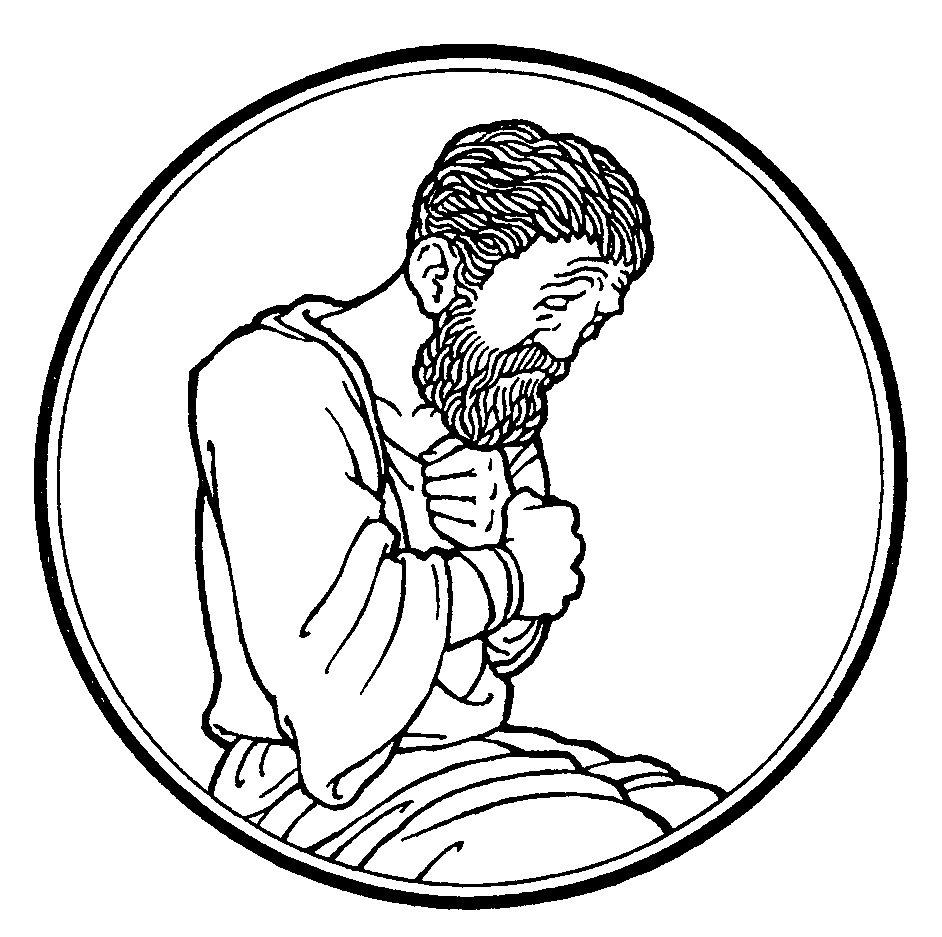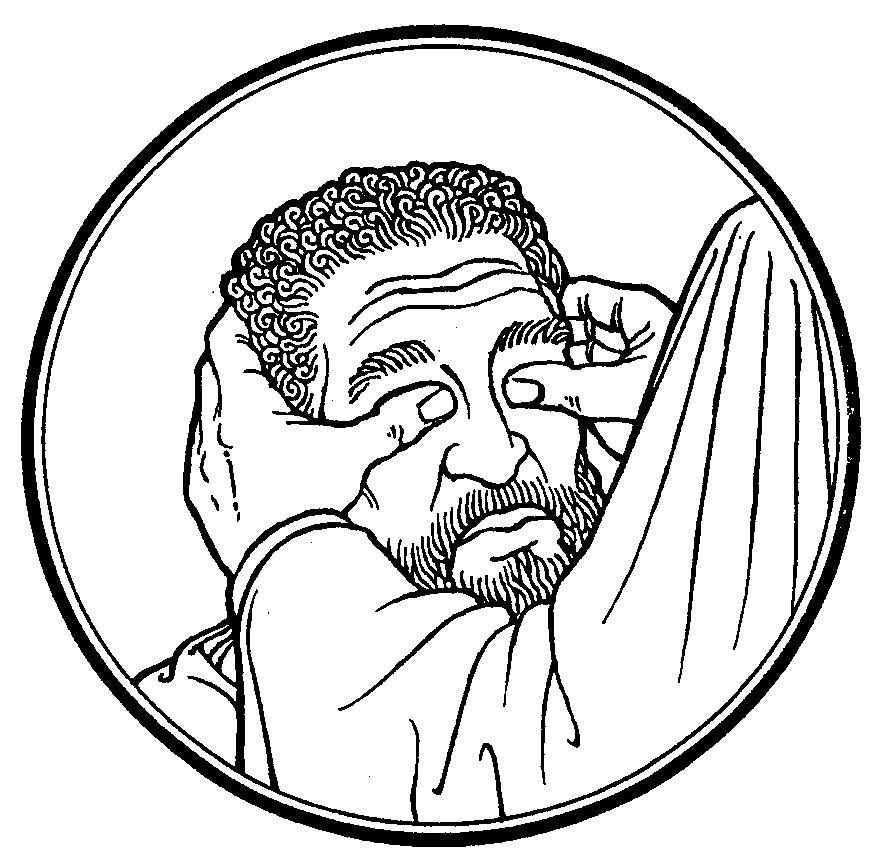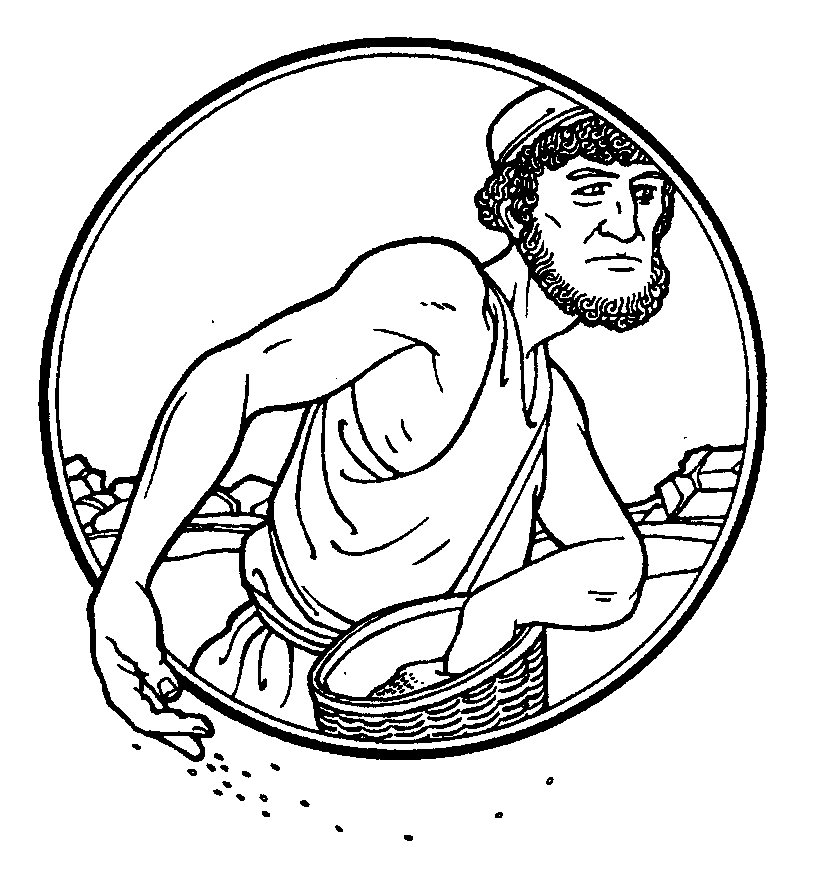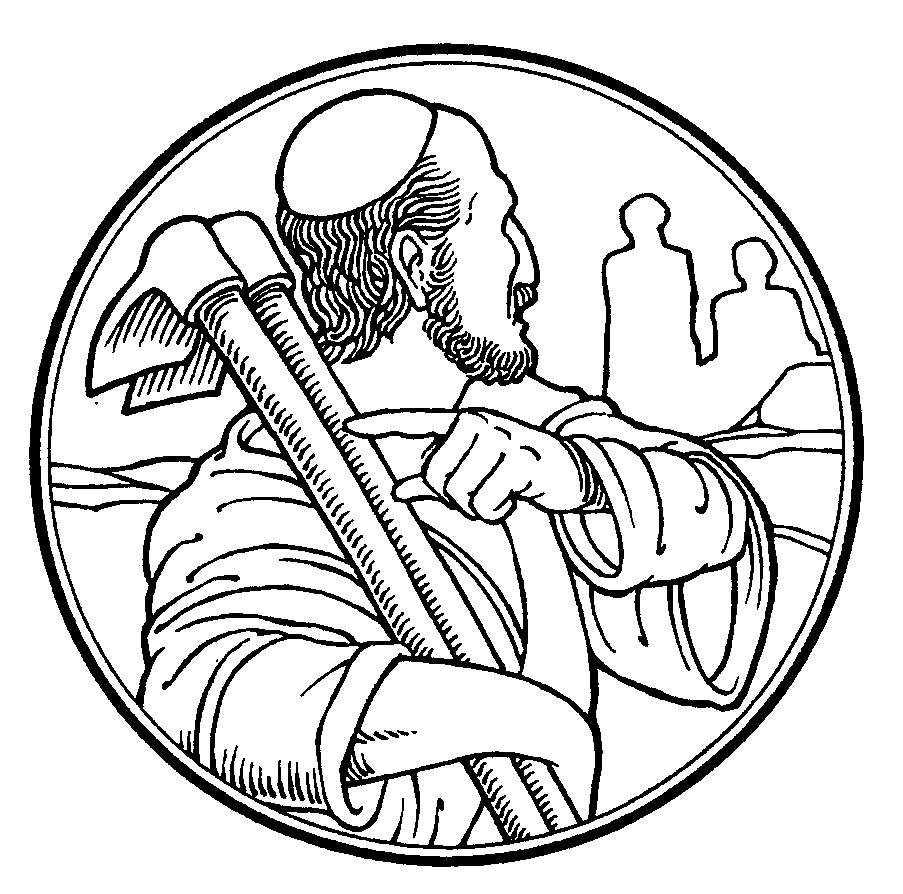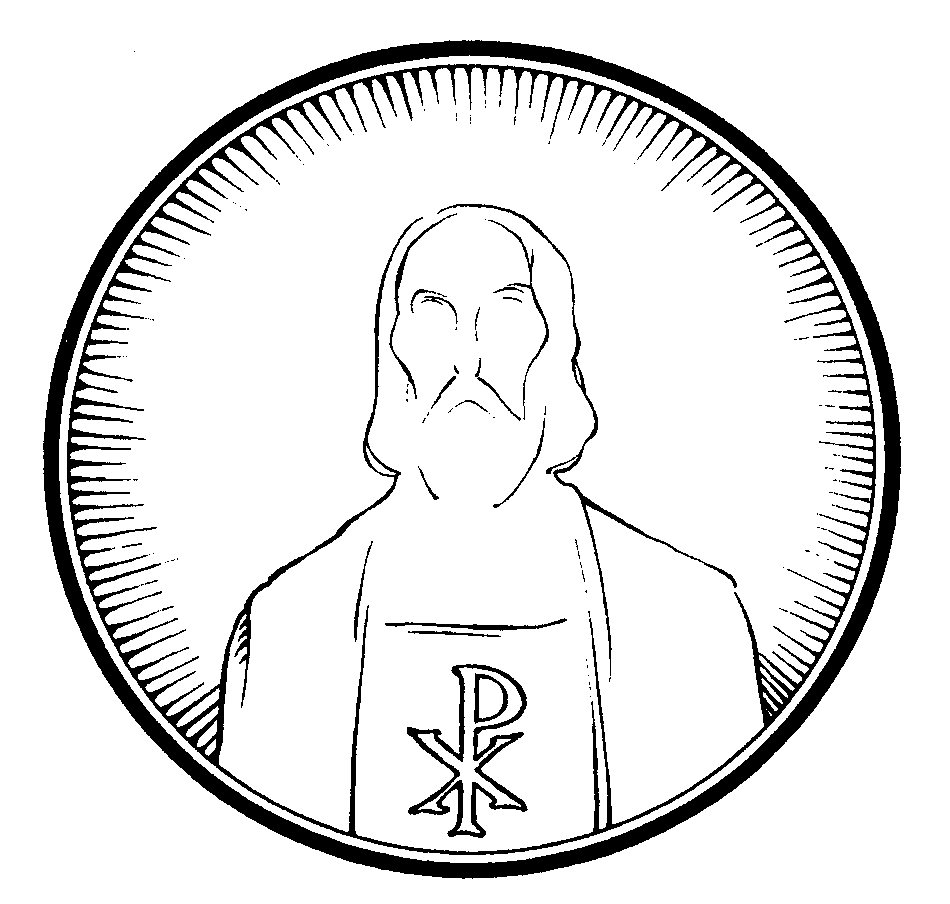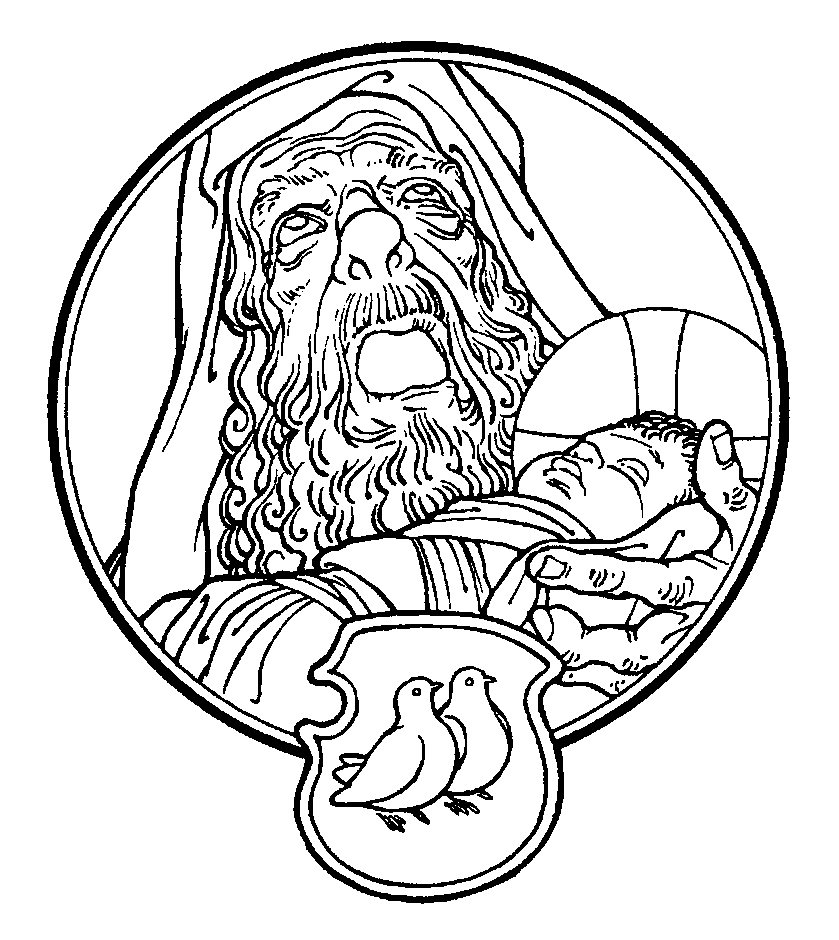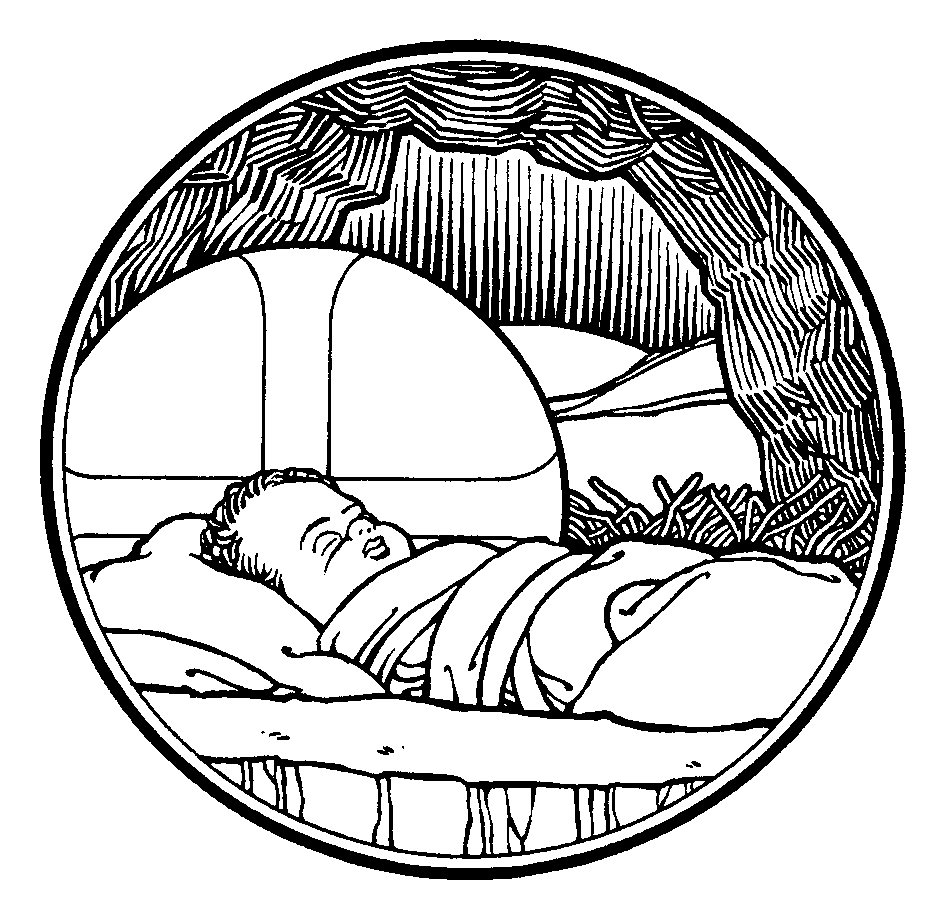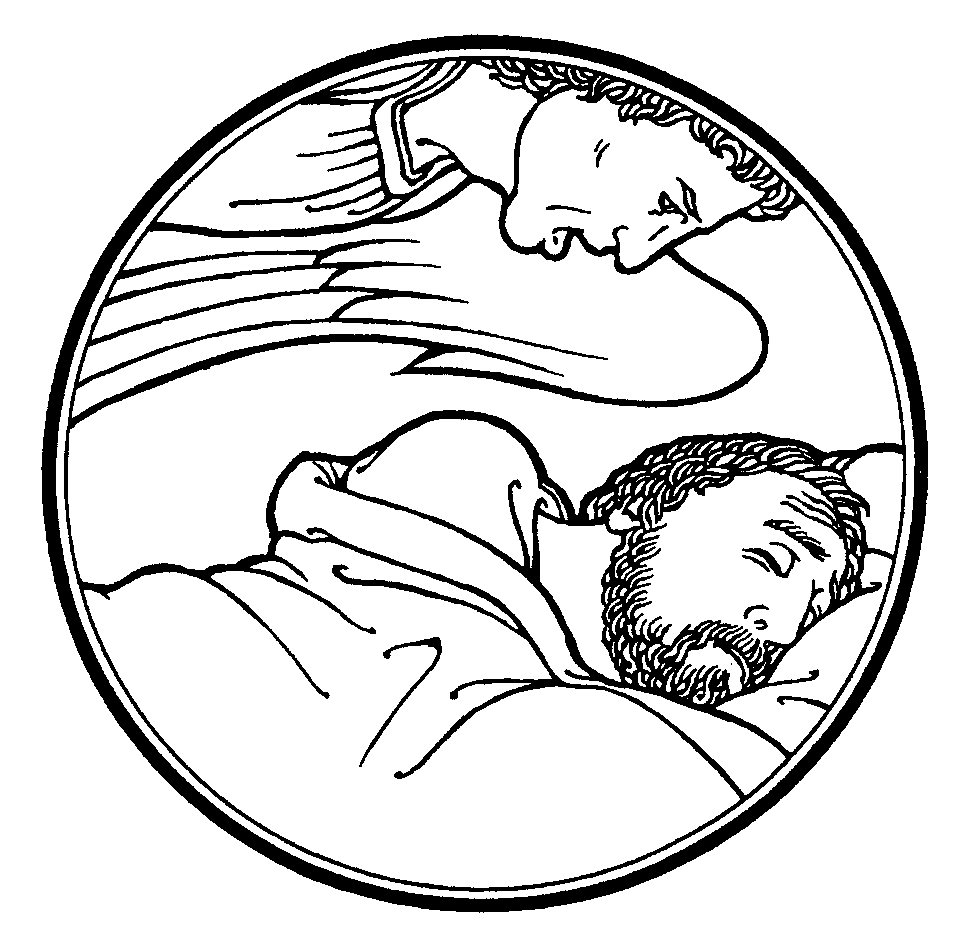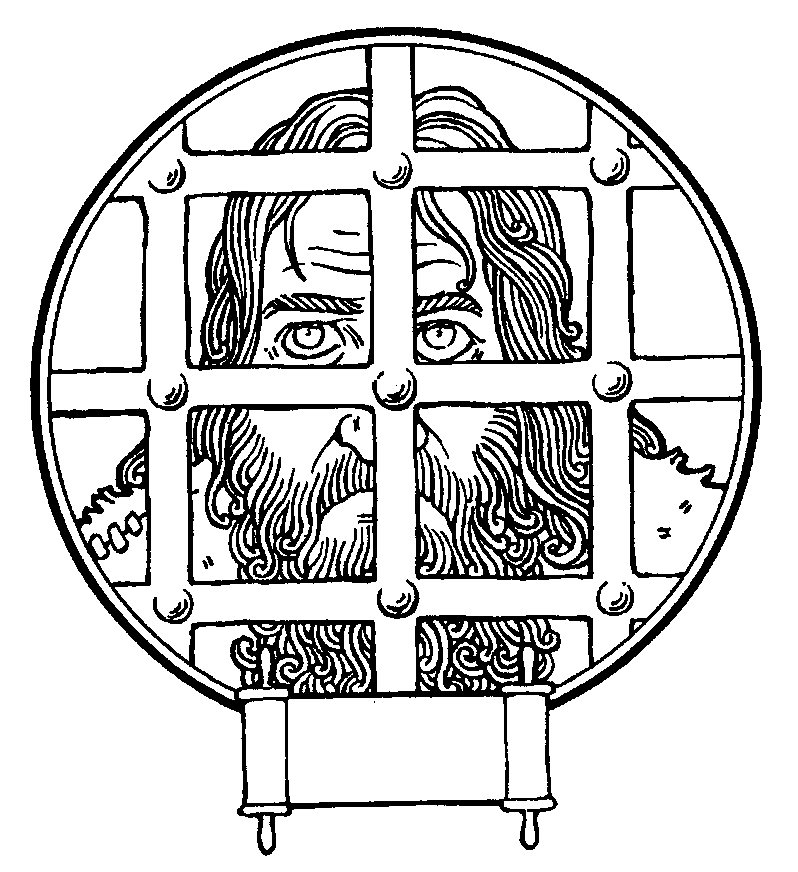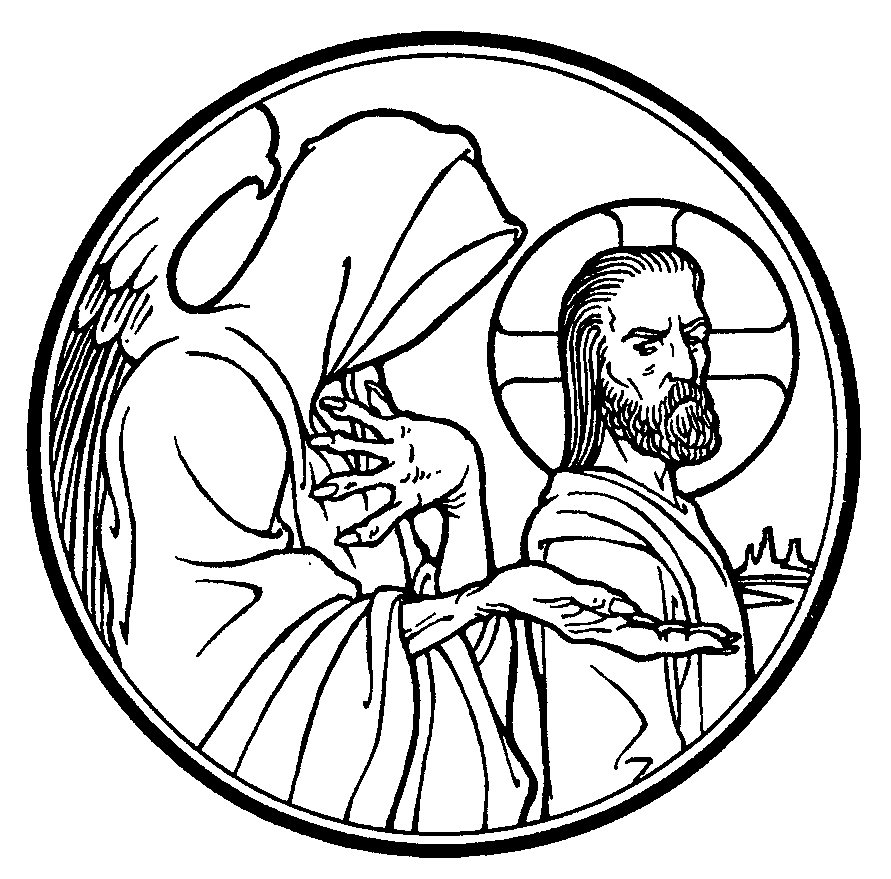
A mighty Fortress is Our God was sung just now. Why is that? In addition to it being a good and well loved hymn, it speaks very much to reality of what is going on in today’s text and in our daily lives: Spiritual battle.
The season which we call Lent or as the Germans had called it “fasting time”, is not just about giving up foods or about enjoying fish fries (which was certainly a big deal back in the Midwest). It also isn’t just a penitential season where we grieve over our sins and the fact that it was for our sins that Jesus had to die. This season of Lent should also be a time of learning, a time for making good changes. Changes like: daily devotions, maybe even more than once a day. A time of getting into Scripture. If you haven’t been coming to Bible Study, maybe now is a good season to start attending. Maybe also a time to crack open your old catechisms and read through the questions and answers. A time to review what it is that we believe and confess. Now is the time to become prepared by hearing, receiving, studying, and consuming God’s Word as much as we can. We cannot know God’s Word too much. This is God’s power of God for our salvation. It is His way of speaking to us to come to faith, then to be strengthened in that faith, and then by His Word in that faith, we are empowered, prepared, and armored to rebuke the Devil and His lies. The Devil is always on the attack, trying to drive us away from God or make us suffer the cross in faith. The Devil knows God’s Word and he knows how to twist it based on our ignorance of it. So, the devil preys upon us to tempt us in various ways through the very real spiritual battles that happen every day. Many decisions we make in a day have a spiritual element to it whether or not we realize it. Some are as obvious as whether or not we will get up, get ready, and go to church. Some spiritual conflict and challenge come upon us suddenly, like when a family member or coworker tells a joke, asks a question about your faith, shares gossip, or says a harsh word that demands answer. How will you answer? How will you handle it? Will you go along with the gossip and share some of your own? Will you laugh at the joke even if it is off color or at someone else’s expense? Will you downplay your faith and your confession as a Lutheran because you are afraid of offending or coming across as hyper-religious? At a harsh word, do you get angry and rage in response or do you not know how to answer, but later in your bitterness, do you plot vengeance or nurse your victimhood? Or how about this one, you have a big day the next day, whatever it is, and you cannot sleep, your children will not sleep or they are sick or an emergency arises. Do you lose your temper? What if your illness continues to linger, your loved one is failing. The bills are piling up? Do you lose heart? Lose faith? These are the times of suffering in this life’s journey when the Devil comes to steal faith and hope from our weak flesh so that we lose our way.
And so often we fall and fail. We give in to the flesh, the world, the lies of Satan, we make a mess of things. Then we make excuses for ourselves and make it worse.
Then Satan smiles and exults. He then accuses us in our sin and would cause us to despair even of God’s love. To embrace wholly the easy way, the way of the glory of this world, the way of the selfish flesh.
With might of ours can nothing be done. Soon were our loss effected, But for us fights the valiant one whom God Himself elected.
This brings us back to the Gospel text. After having taken the repentance and sin of every human in His baptism, as a scapegoat He was driven into the wilderness by the Holy Spirit. Jesus went out into the wilderness specifically to do suffer in great weakness, deprived of food for 40 days, to do battle, to face every temptation common to mankind and even uncommon. Notice the temptations from the Devil come at a time of greatest weakness in the flesh of Jesus. As the Devil arrives, he, you could almost imagine, with a sneer taunts Jesus “If you are the Son of God…” He was challenging the very words of God the Father at Christ’s baptism!! He then attacked Christ’s hunger, attacked the weakness of flesh to avoid the cross itself. He said, “To you I will give all this authority and their glory, for it has been delivered to me, and I give it to whom I will. If you, then, will worship me, it will all be yours.” The final temptation recorded has the Devil again, saying, “If you are the Son of God…” and connects it to a temptation to test God’s protection.
But Jesus was equal to the task. The words of Jesus are significant. Up to this point no words of Jesus had been recorded in Matthew’s Gospel. In St. Luke, the only words recorded of Jesus prior to His temptation by Satan were His words to Mary and Joseph when He was 12, “Why were you looking for me? Did you not know that I must be in my Father’s house?” The words that Jesus used to answer the Devil is only the first or second time that Jesus speaks according to Matthew, Mark, and Luke. The words which they recorded the Holy Spirit had them record because What He said was important. Yet, what does He say? How does He answer the Devil? He doesn’t say anything new or original or extraordinary. Even to the bit of Scripture that the Devil misused, Jesus turned back the Devil citing Scriptures written previously. Whose Words were they? God’s. In fact, they were His Words; the words of the preincarnate Christ: the Word now made flesh who had already put them into the minds and pens of the OT prophets.
The Devil having tempted Christ in every way left Him until an opportune time, the days and moments before the crucifixion. But in this text, behold the power of God’s Word! Behold the power of God’s Love in His Word. The power of His Word for you. His Word is that power to rescue even in the greatest weakness, because Jesus has already gone to battle and then as we see Him at Calvary He has won the war. In our journey we are also led and empowered by the Word of God. It is only by His power and Word that the Devil is and can be rebuked.
But let us not get comfortable, after one rebuke, the Devil will not rest. He will continue to attack, to try to catch us weak and flat footed, unprepared without an answer, if not this time, then he hopes, the next, to catch us reacting by leading with our flesh rather than God’s Word.
In the Large catechism, Martin Luther had written: “the devil plies his force against you, and lies in wait for you without ceasing to seize and destroy you, soul and body, so that you are not safe from him one hour. “Now, what is the devil? Nothing else than what the Scriptures call him, a liar and murderer. A liar, to lead the heart astray from the Word of God, and to blind it, that you cannot feel your distress or come to Christ. A murderer, who cannot bear to see you live one single hour. If you could see how many knives, darts, and arrows are every moment aimed at you, you would be glad to come to the Sacrament as often as possible.”
So what do we do? If we are weak and heavy laden, remember Jesus is our refuge. His cross, our shade in our journey through this life. The banner of victory that leads to the end of this journey. Our eternal destination and promised land. The cross means that Jesus Christ has died for your sins and your failings. Yes, Repent and confess your sins, then receive assurance of forgiveness for those sins. Pray and do not lean on your own might, luck, or human wisdom in the battles that lie ahead. Lean upon the Lord.
Make use of the time. Be prepared with the tools and weapons that God gives you and His church. Come and worship and hear God’s Word at every opportunity, and learn God’s Words for you to rebuke anything that would cause you doubt and temptation. Eagerly receive Christ’s body and blood in the bread and wine; for there is God’s strength for you for the journey. In Christ, you can withstand the darts of Satan without fear or trembling. Christ is here to be by your side upon the plain with His good gifts and Spirit. Leading us, guiding us, and encouraging us even through the sufferings caused by sin in this life. Giving us His wisdom, joy, hope, and faith by His Word and Sacraments to remind us that Christ crucified and raised is victorious. He will bring us through Lent, through life, to the cross, to the empty tomb, to the glory of eternal life which He is even now preparing for you and all believers in Jesus Christ. Amen.
Pr. Aaron Kangas
